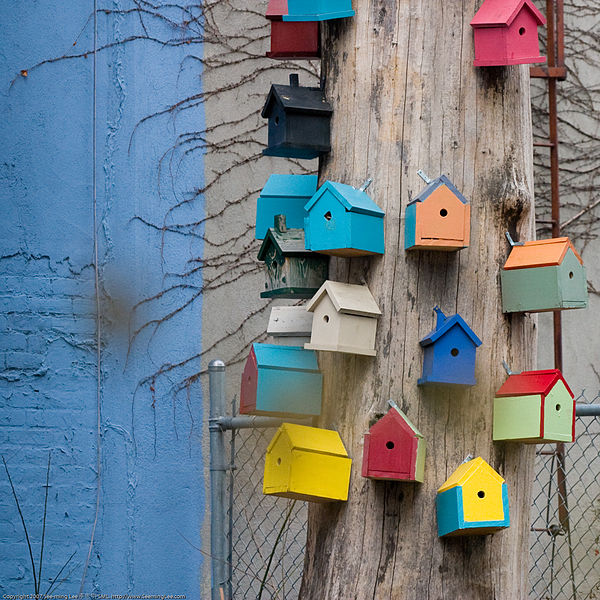
It just happened again. My Twitter mentions blew up, because someone posted a tweet soliciting names of favorite female science writers after most of the students in a science communication class couldn’t come up with a single one. I have no doubt that the tweet was well-intentioned, but all I could think is, oh no, here we go again…
Of course I was flattered and happy to be mentioned in the tweets and responses, and I’d be overjoyed to see more attention paid to the many, many talented and accomplished writers who aren’t cis men.
The problem is that these twitter threads don’t really accomplish that, and I’ve started to wonder if they might even be counter productive if they make people feel like they’ve accomplished more than they really have.
It’s easy to see the appeal though. It feels good to do something. Science writing is a field filled with women, and yet the counts and statistics show that the awards and recognition and plum assignments go disproportionately to men. And the problems driving this are “so systemic, so insidious, so much a part of our culture and so much bigger than one single person that it feels hopeless,” as Bethany Brookshire said in a chat among some of my journalist friends. A discussion in which we collectively wrung our hands and did a lot of sighing.
“How can you nudge the finger of every person who automatically RTs the same men, crowing their brilliance, while scrolling past the few women in their feed?” Brookshire asked. “How can you possibly shift the gaze of a male science writer, looking for articles to read and promote, who tracks toward the bylines of the people he’s already friends with, giving them priority over the people of whom he’s never heard?” There aren’t many easy answers, she said. “But you can tweet. That takes only a second. It gives a small sweet feeling of triumph. You DID something.”
What does this accomplish? It can make you feel good for a minute. “If you’re a man, you get ‘fresh-baked ally cookies’ and if you’re a woman, you get the cred of looking like crusaders,” Brookshire said.
But then you’re back to square one. “This is not an effective means of signal boosting—I think I got one new follower,” Shannon Palus said in our informal discussion. “Increasing diversity meaningfully requires people with power, money and/or clout spending time and resources on sharing that power, money, and/or clout.”
Yes, it truly does feel uplifting to be praised in these Twitter threads, but it doesn’t help us solve the invisible women problem when these outbursts of love are mostly among ourselves. We need people to buy our books, invite us to speak at events. Give us a seat at the table.
Maryn McKenna may have said it best with this tweet, “I am thrilled to see so many women science writers listed. I’m simultaneously discouraged that we keep having to make these lists, again and again.”